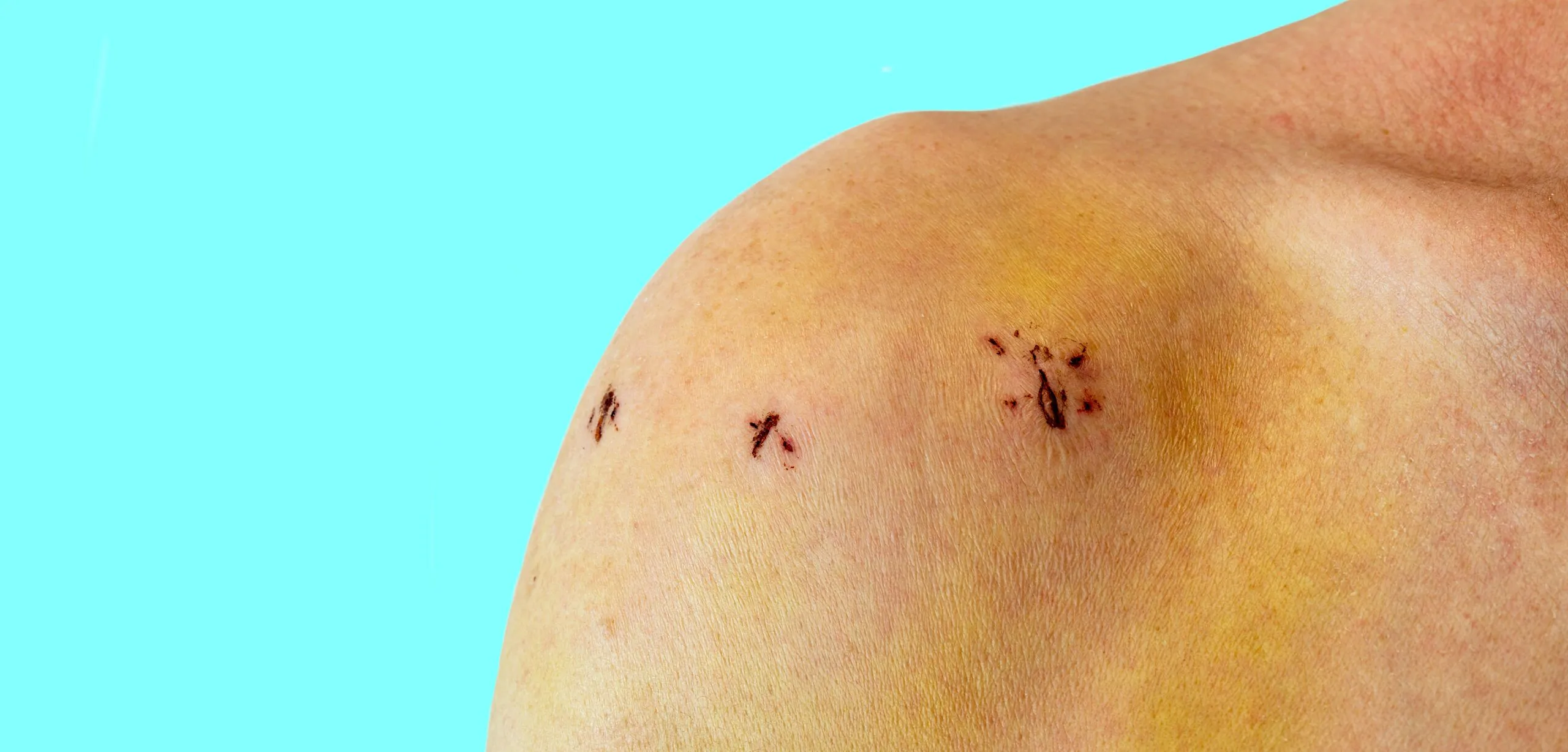
Onigiri, the Japanese rice balls, are not only a Japanese food staple but also a combination of taste, texture and nutrition. At the core of onigiri is rice which plays a big part in both its health benefits and cultural significance. This will look into the nutrition of rice, its health benefits, onigiri as a whole and how rice fits into a balanced diet.
Nutrition of Rice
Rice Types
Rice comes in different types, the most common being white rice, brown rice and sushi rice. Each type has different nutrition:
- White Rice: Processed to remove the bran and germ, white rice is often enriched with vitamins and minerals but lacks fiber.
- Brown Rice: Whole grain rice retains the bran and germ, higher in fiber, vitamins (B vitamins) and minerals (magnesium and iron).
- Sushi Rice: Short grain rice, higher in starch, sticky texture for onigiri but similar nutrition to white rice.
Macronutrients
Rice is mostly carbohydrates which is the body’s primary source of energy. A serving of cooked white rice (1 cup) has:
- Calories: 200
- Carbohydrates: 45g
- Protein: 4g
- Fat: Less than 1g
Brown rice with its higher fiber content can help with feeling full and regulate blood sugar levels better.
Micronutrients
Rice is a source of micronutrients. Brown rice is rich in:
- B Vitamins: For energy metabolism and brain function.
- Magnesium: For muscle function and energy production.
- Phosphorus: For healthy bones and teeth.
Health Benefits of Rice in Onigiri
1. Energy Source
Rice is a source of carbohydrates, quick and sustained energy. Onigiri is a great choice for athletes or those who need an energy boost throughout the day. The complex carbohydrates in brown rice releases energy slowly, maintains stable blood sugar levels.
2. Digestive Health
The fiber in brown rice helps with digestion. Fiber regulates bowel movements and prevents constipation, overall digestive health. Onigiri made with brown rice is good for the digestive system.
3. Nutrient-Rich Snack
Onigiri can be a nutrient dense snack option when filled with healthy ingredients like vegetables, fish or seaweed. The combination of rice and these fillings is a balanced meal with vitamins, minerals and protein.
4. Low Allergenicity
Rice is hypoallergenic, so it’s safe for those with food allergies or sensitivities. This makes onigiri an inclusive food for various diets, gluten free diets.
Fillings and Seasonings
Onigiri health benefits aren’t just from the rice, fillings and seasonings play a big role too. Common fillings are:
- Fish (salmon or tuna): High in omega 3 fatty acids good for heart health.
- Pickled vegetables (umeboshi): Rich in antioxidants and may help with digestion.
- Seaweed (nori): Adds extra vitamins and minerals like iodine and vitamin K.
These fillings enhance the health benefits of the rice.
Cultural Context and Habits
Onigiri is popular in Japan not just because of its nutrition but also because of its cultural significance. Traditionally eaten as a snack on the go, onigiri is about finding ikigai (joy and purpose) in daily life. Making onigiri can help with mindfulness and connection to food and healthier eating habits.
Practical Onigiri
Convenience and Portability
Onigiri’s design makes it easy to eat on the go, perfect for modern life where convenience is key. Making onigiri in advance means you have a healthy snack or meal ready to go and less temptation to grab unhealthy fast food.
Customization
One of the best things about onigiri is its customization. You can fill with whatever you like to suit your dietary needs or preferences. For example vegetarian onigiri can be filled with avocado or edamame, protein rich onigiri can be filled with chicken or tofu. This makes onigiri a great option for various diets including vegetarian, vegan and pescatarian.
Conclusion
Rice is the base of onigiri, providing carbohydrates, micronutrients and fiber for its health benefits. The fillings add to the nutritional profile of onigiri making it a balanced meal or snack. Onigiri’s cultural significance and convenience fits modern dietary trends and healthier eating habits.Adding onigiri to your diet is a great way to enjoy the benefits of rice and try a new and cultural food. As nutrition awareness grows onigiri is a tasty and healthy option that fits into a balanced diet. Whether as a snack or main meal onigiri is the harmony of health and taste. For more insights on incorporating delicious foods like onigiri, along with options like al pastor and carnitas, visit RenewalWay.







